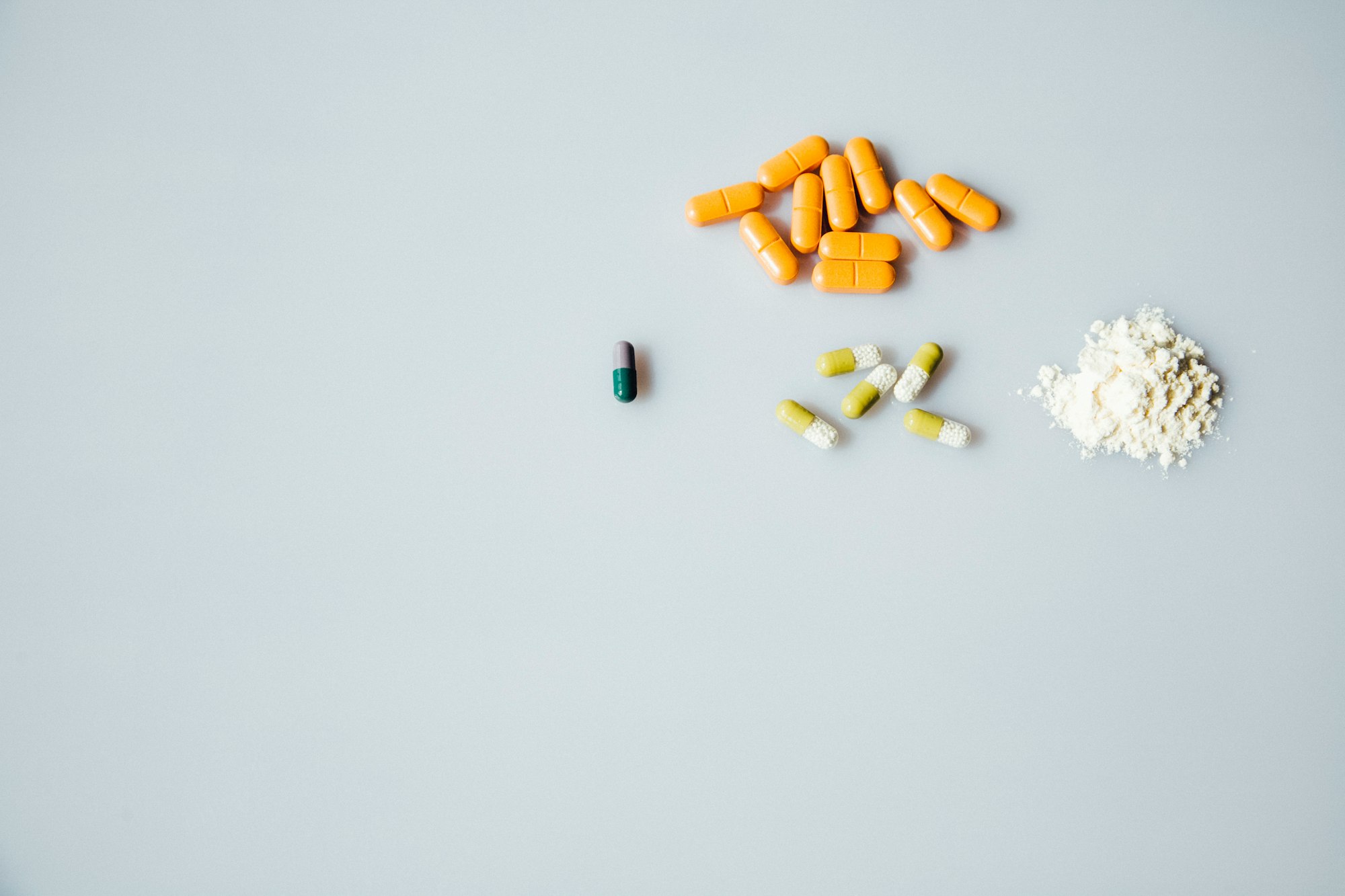How to Get Rid of a Headache
Headaches usually affect your productivity and attention, and that means that you will need some ways to get rid of it to feel better and keep your productivity and attention on work, school, etc.
Medications

The first one and the simplest way to beat your headache is to take some medications.
Headache remedies for migraine headaches are usually prescription drugs, such as
- beta blockers: atenolol (Tenormin); bisoprolol (Zebeta)
- tricyclics: amitriptyline (Elavil, Endep); doxepin (Adapin, Sinequan)
- calcium-channel blockers: verapamil (Calan, Isoptin, Verelan)
- anticonvulsants: divalproex (Depakote); gabapentin (Neurontin); topimirate (Topamax)
- triptans: almotriptan (Axert); eletriptan (Relpax); sumatriptan (Imitrex).
Triptans are meant for acute treatment of migraines, while all the other categories are meant for chronic prevention of migraines.
You must talk to a doctor in order to get a prescription. The drugs are not available over the counter.
While there are also prescription medications for other types of headaches, such as tension headaches or sinus headaches, over-the-counter (OTC) headache remedies may be enough to relieve the pain they bring. OTC pills are available without a prescription.
- Acetaminophen (Tylenol and others) is a generally safe non-aspirin headache remedy. But doses above 3 grams per day, especially when combined with alcohol, can cause potentially fatal liver damage. If you consume three or more alcoholic drinks a day, every day, don't take acetaminophen.
- Aspirin quells pain and may prevent migraine headaches in some people when taken regularly. Long-term side effects include kidney damage and gastrointestinal problems, such as stomach pain, heartburn, or nausea. Bleeding from the stomach can also occur, often in such minute quantities as to go unnoticed. However, over time anemia may result, causing fatigue— which, in turn, may increase the frequency of headaches. Avoid aspirin if you have reflux, gastritis, or ulcers.
- Nonsteroidal anti-inflammatory drugs (NSAIDs) include aspirin, ibuprofen (Advil, Motrin, others), naproxen sodium (Aleve, Anaprox), and ketoprofen (Actron, Orudis, others). In some people, NSAIDs help prevent migraine headaches. Their long-term side effects are similar to those for aspirin.
Most healthy people who have mild to moderately painful headaches once in a while can take OTC headache remedies. But if you need to take an OTC painkiller several times a week, you should see your doctor.
Natural headache relief

Some people feel more comfortable seeking natural headache relief, in the form of plant-based or mineral supplements. Some of the most widely used preparations include:
- Butterbur, an herb derived from plants in the genus Petasites
- Feverfew, A daisy-like flower native to Europe
- Peppermint oil, a culinary herb
- Magnesium, a mineral
- Coenzyme Q10 , an enzyme found in mitochondria, the energy factories of our cells
- Vitamin B12
Consult your doctor before taking any of these supplements, as they can interact with medications to treat headaches or other conditions. The FDA does not regulate the effectiveness or safety of these products. By the way it is always better to get some food, sometimes it can really help.
Here are some methods that will help you without any medications and/or exercises.
- Take some food
- Drink some tea or coffee
- Drink required quantity of water
- Take a nap if you feel sleepy
Activities that help

You may need more than just a pill for a headache remedy. Certain activities are also effective at relieving pain. For example, half of all headache sufferers in the United States use some type of mind-body technique to alleviate the pain. These include:
- meditation
- relaxation techniques, such as deep breathing
- yoga
- hypnosis, a state of deep relaxation that is similar to being in a trance
- stress management
- take a walk outside for some fresh air
These mind-body therapies can help lower stress, a widely accepted headache trigger, and they also promote healthier lifestyle habits, such as getting adequate sleep, to keep headaches at bay.
Exercise, if performed regularly, is another natural headache remedy. It helps keep the heart and blood vessels healthy. It also boosts your mood, relieves stress, and helps prevent a host of ailments, such as high blood pressure.
Original article: Harvard Health Publishing




